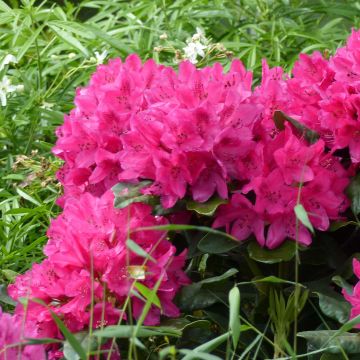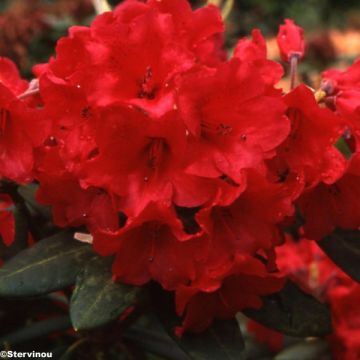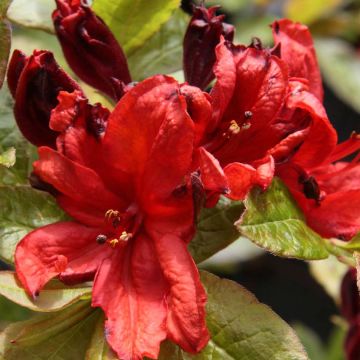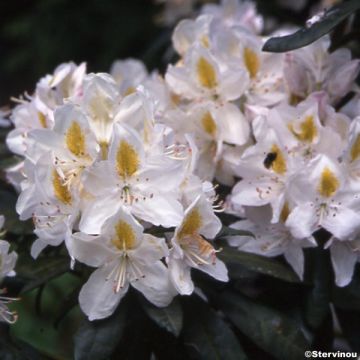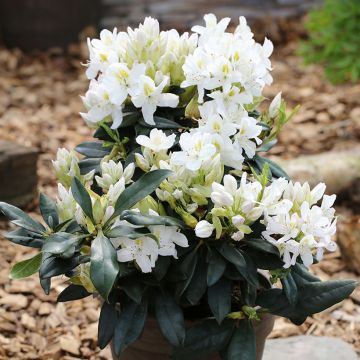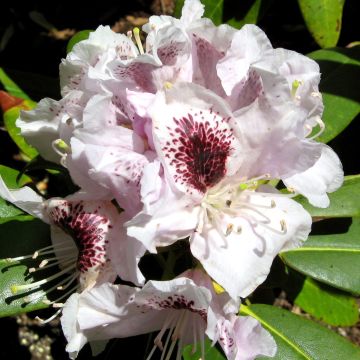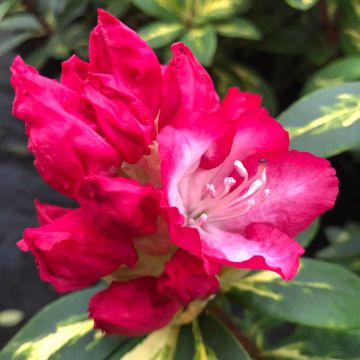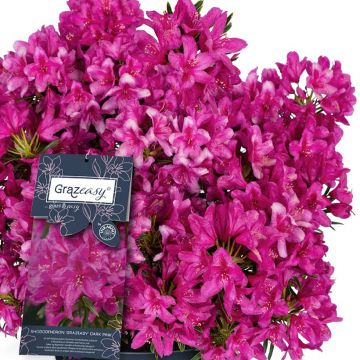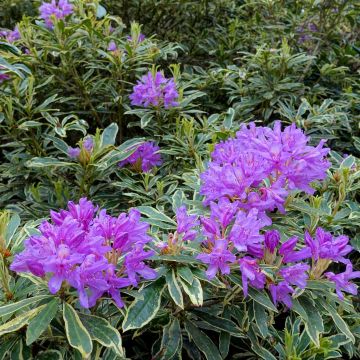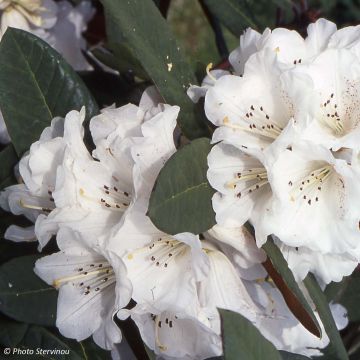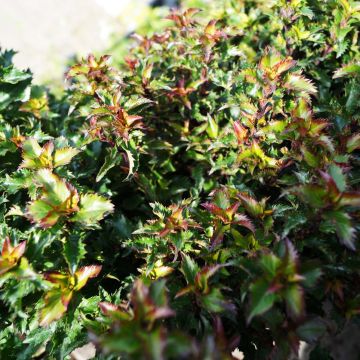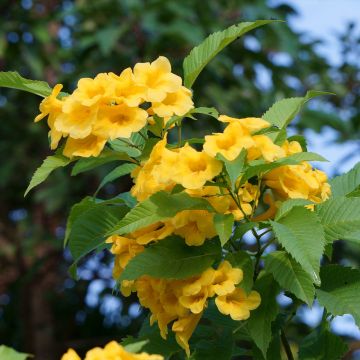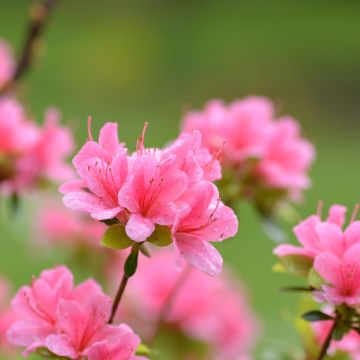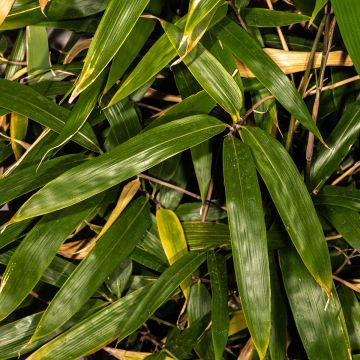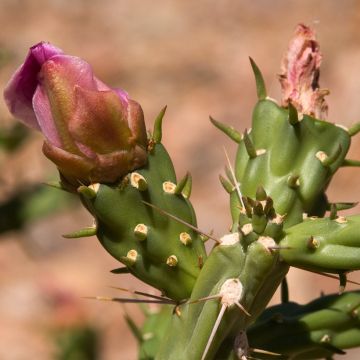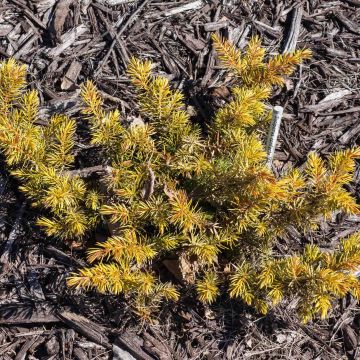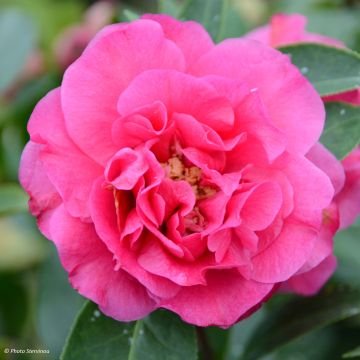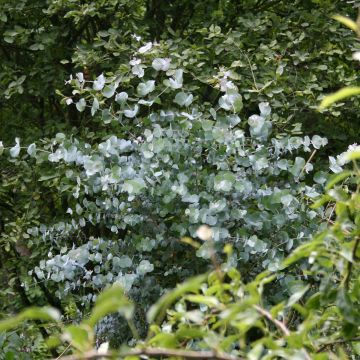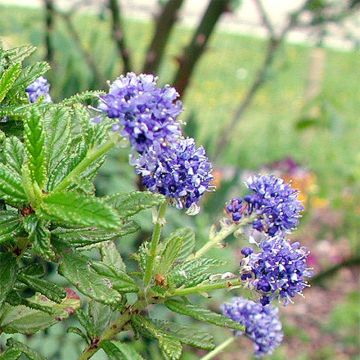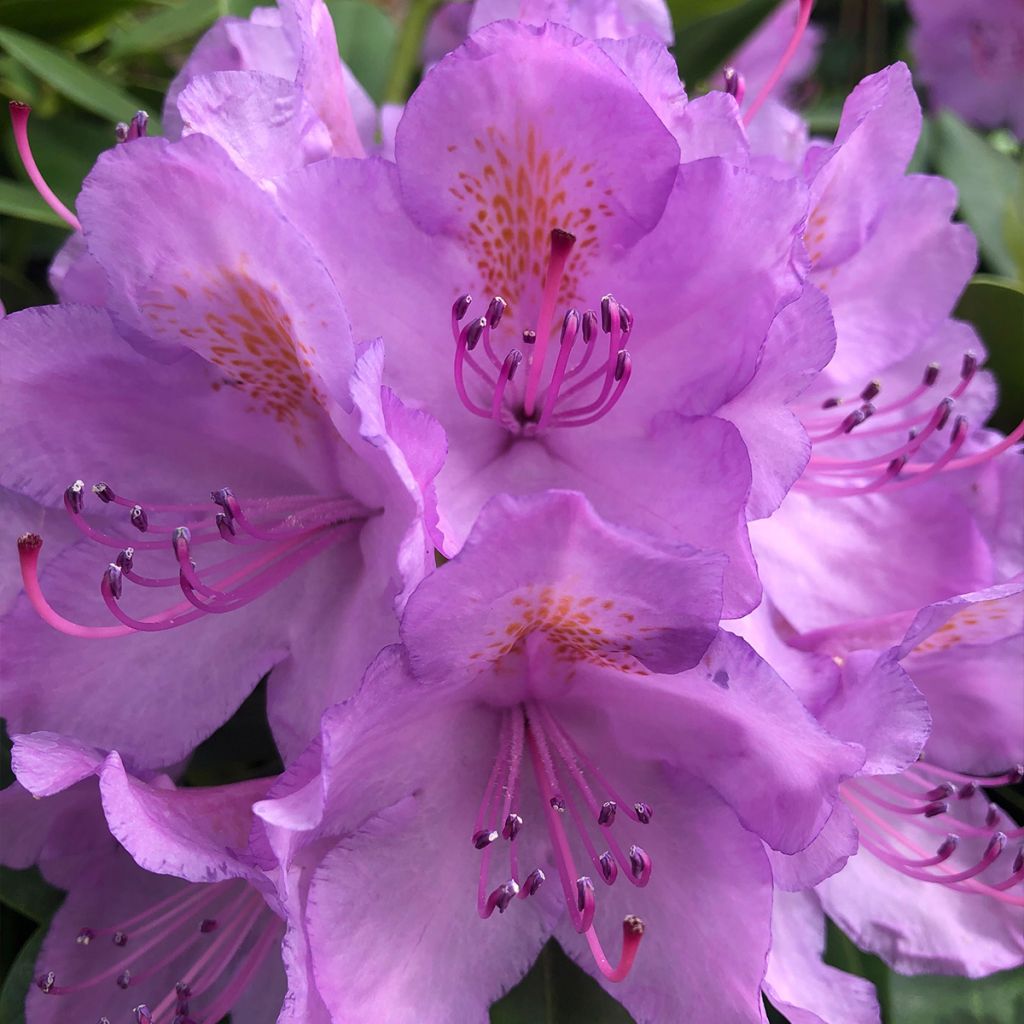

Rhododendron catawbiense Grandiflorum - Large-flowered rhododendron
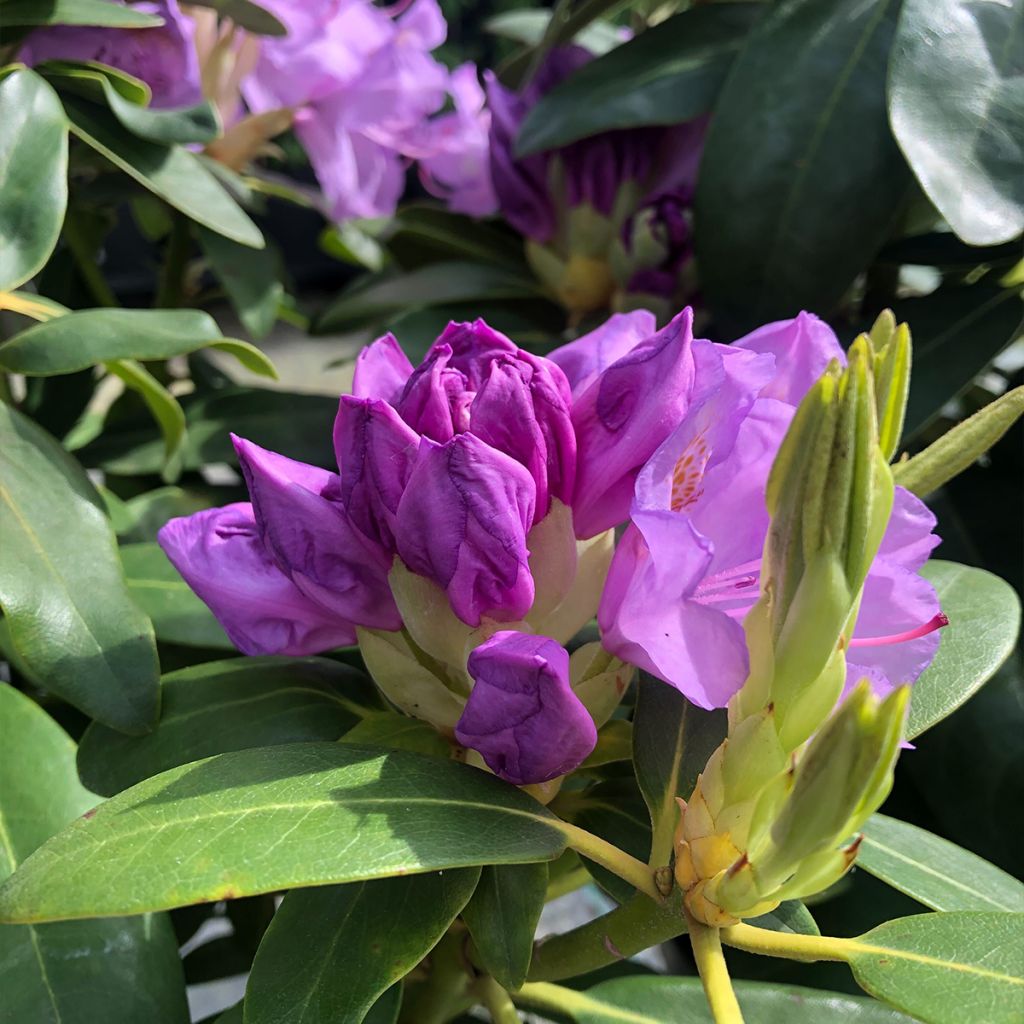

Rhododendron catawbiense Grandiflorum - Large-flowered rhododendron
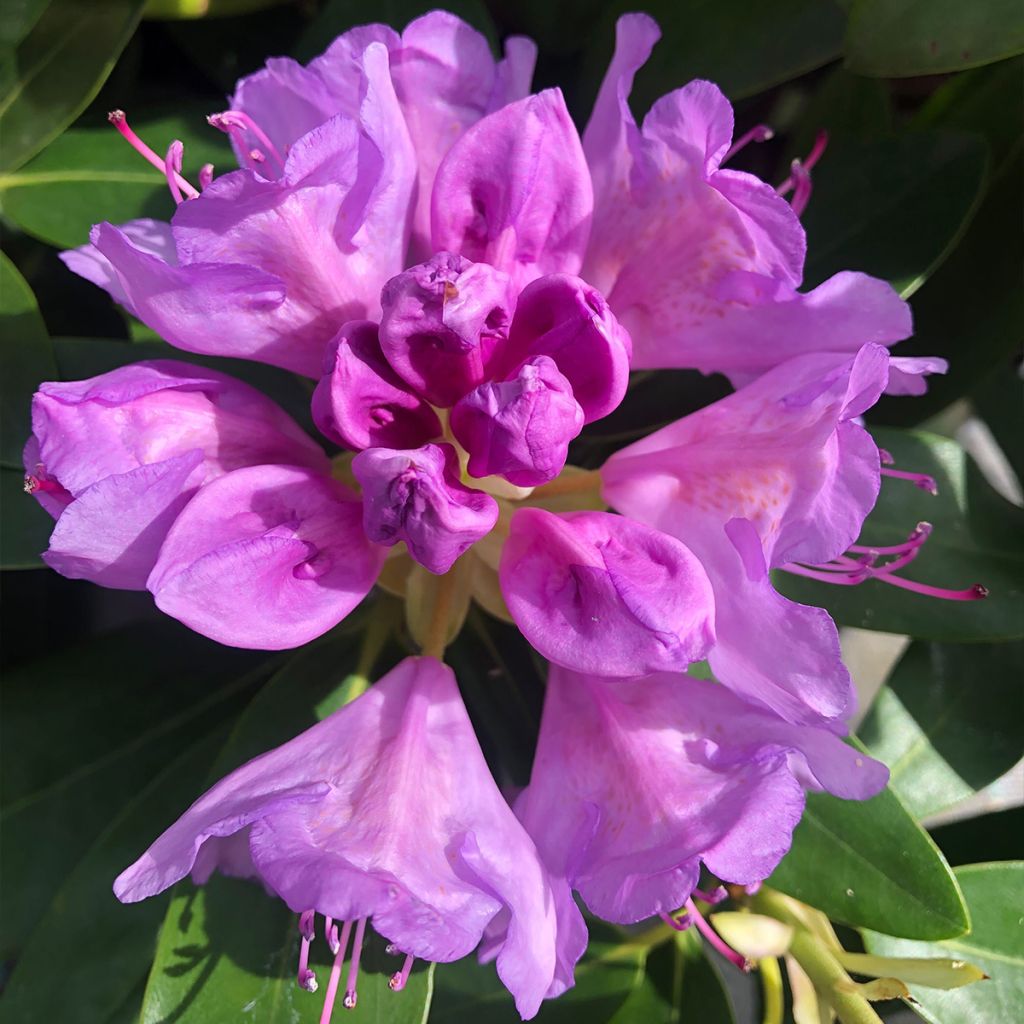

Rhododendron catawbiense Grandiflorum - Large-flowered rhododendron
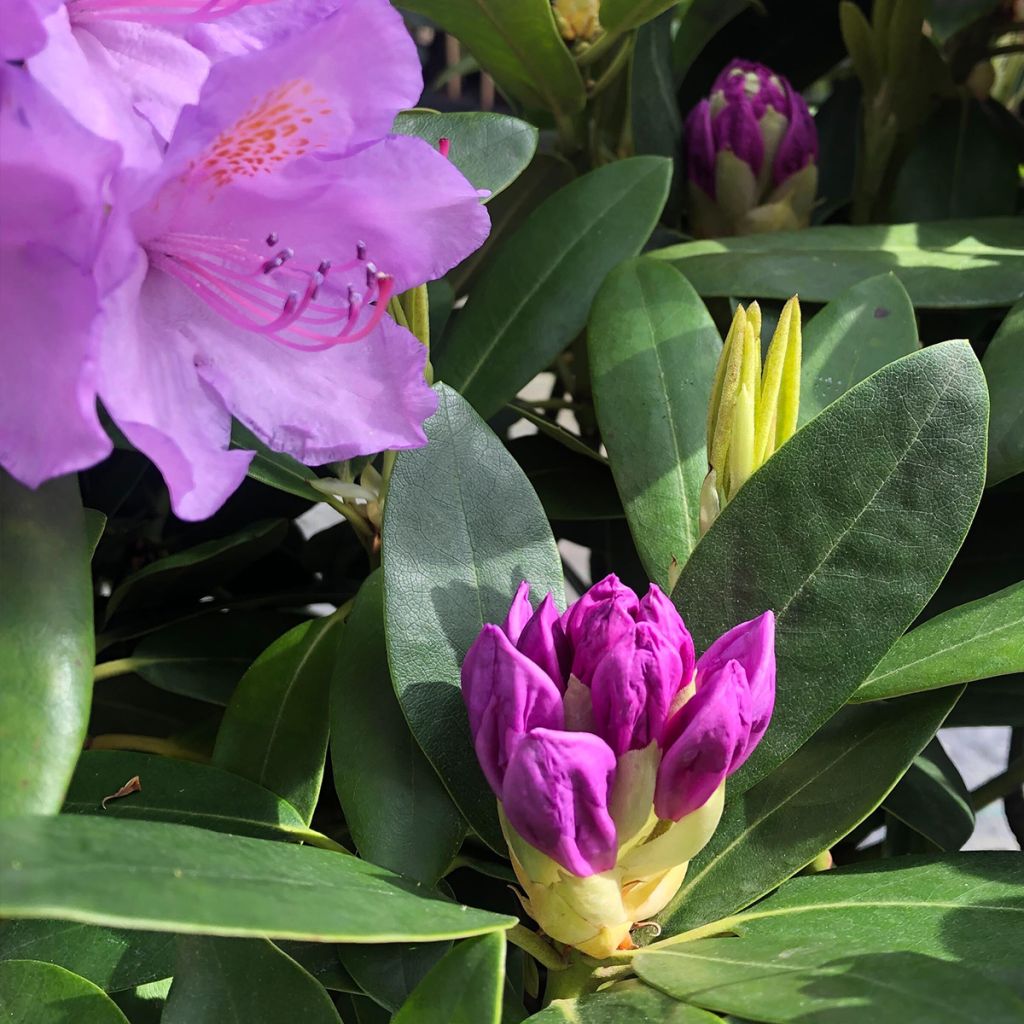

Rhododendron catawbiense Grandiflorum - Large-flowered rhododendron
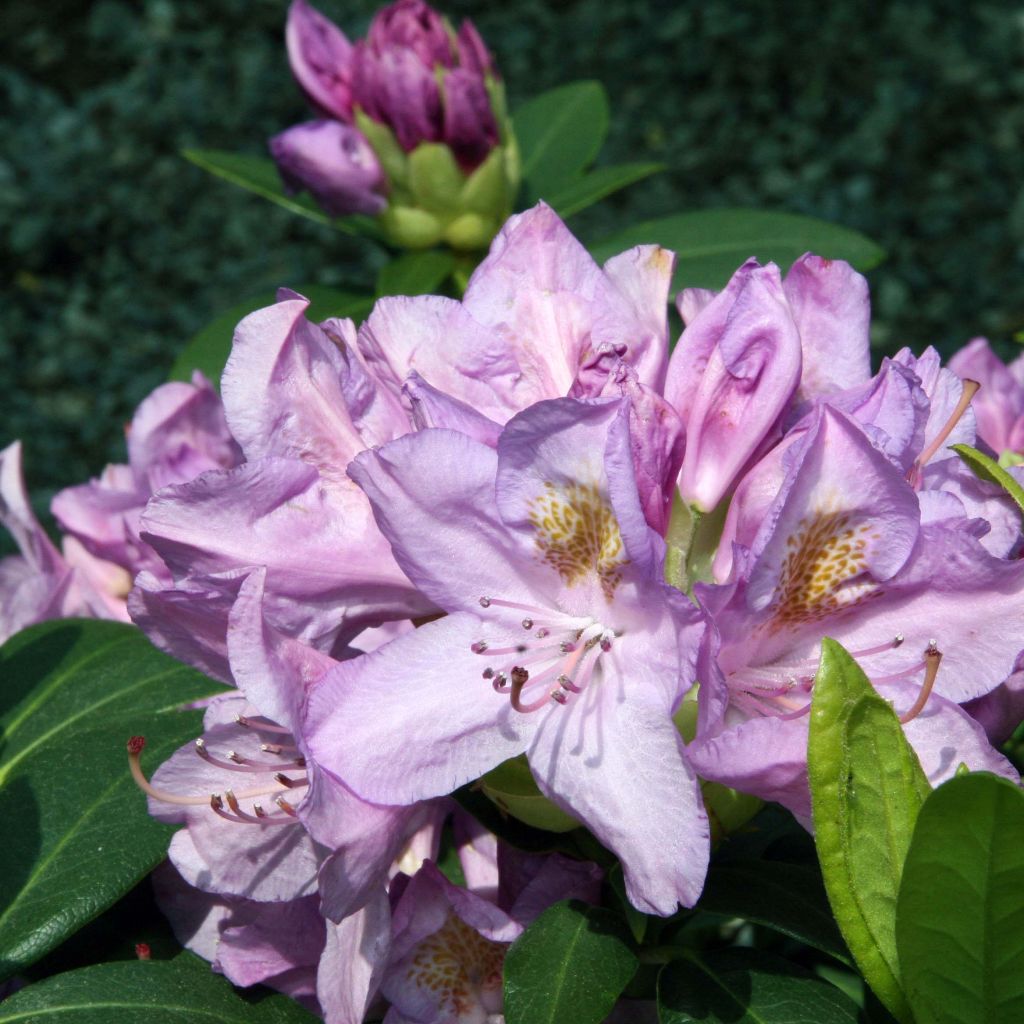

Rhododendron catawbiense Grandiflorum - Large-flowered rhododendron
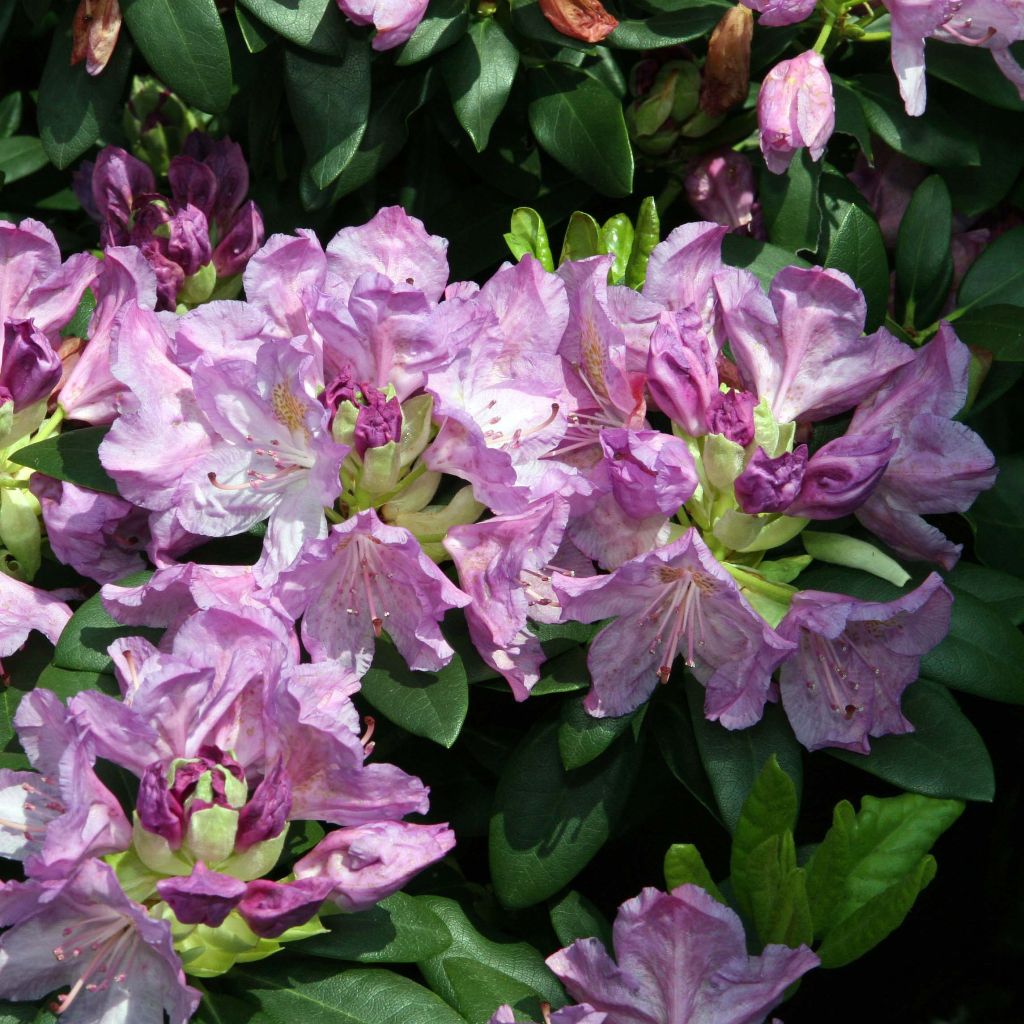

Rhododendron catawbiense Grandiflorum - Large-flowered rhododendron
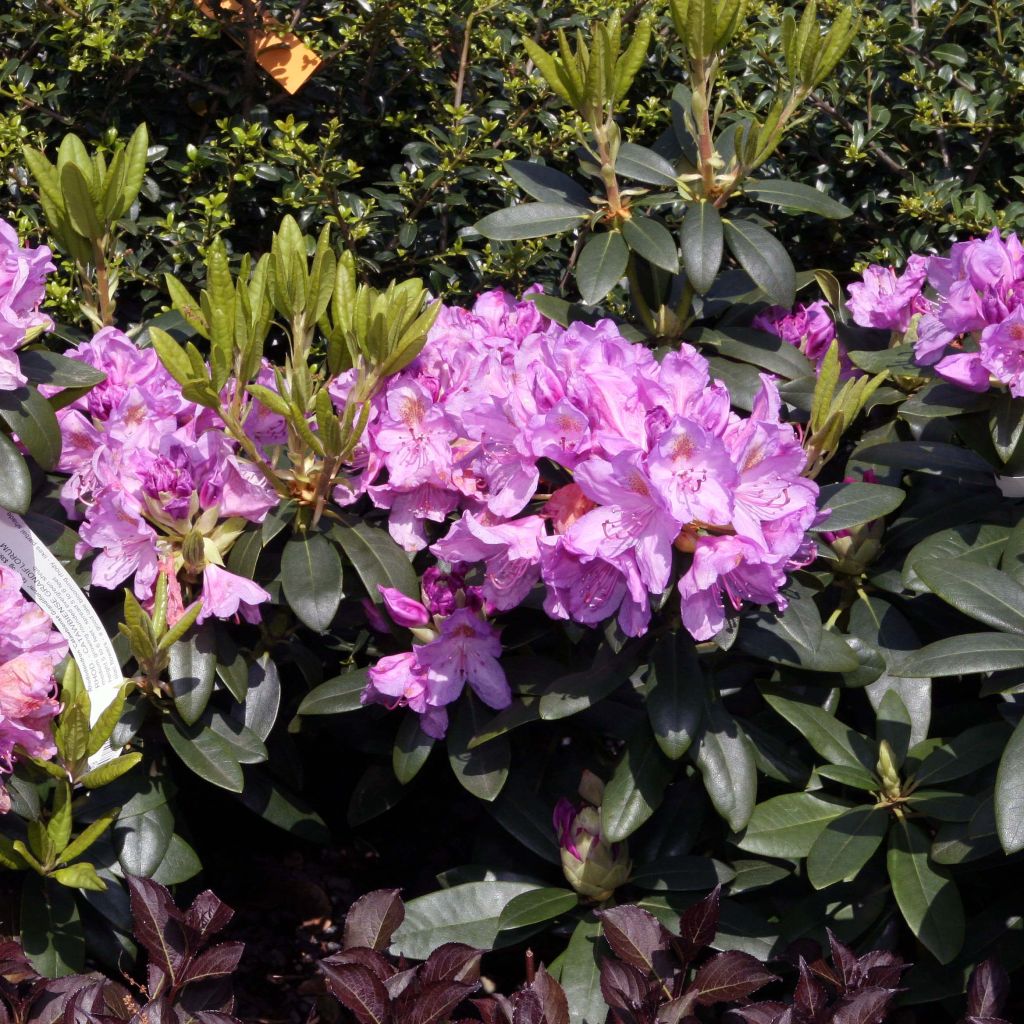

Rhododendron catawbiense Grandiflorum - Large-flowered rhododendron
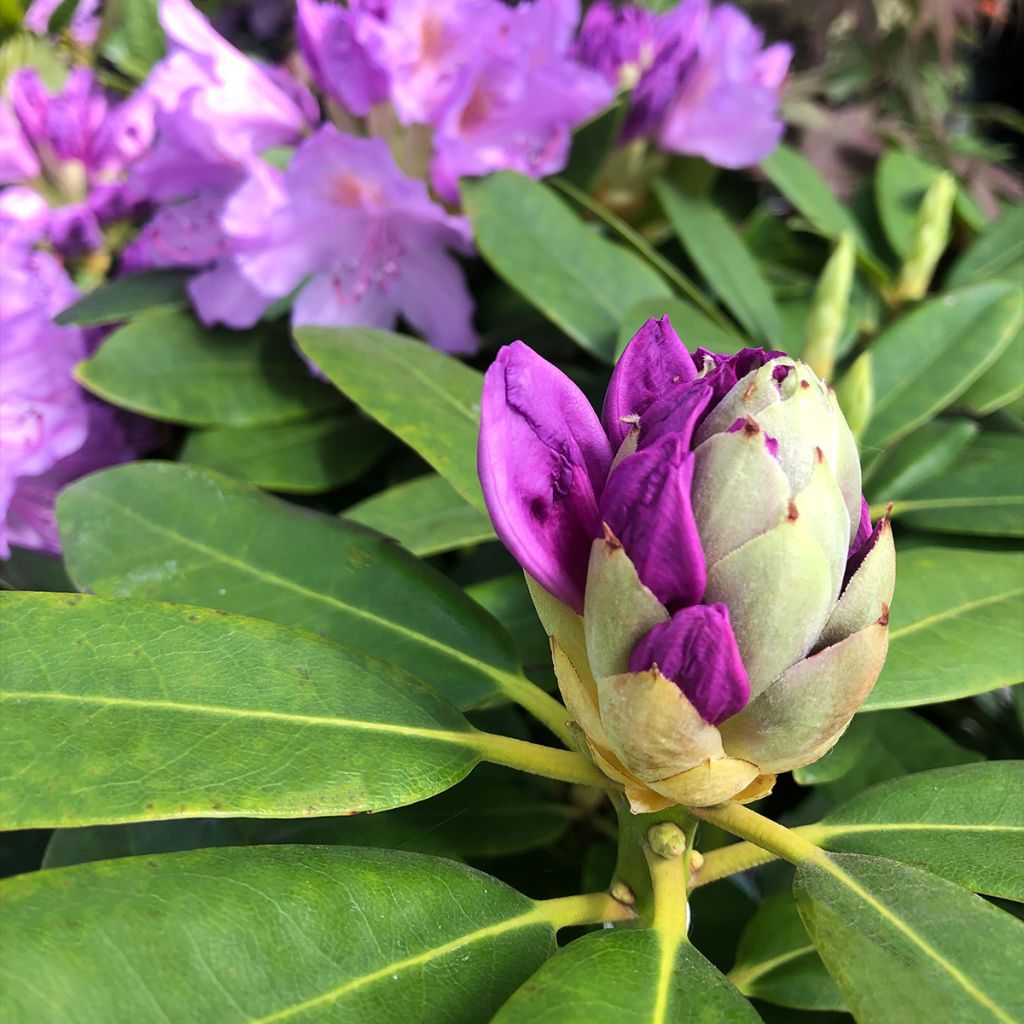

Rhododendron catawbiense Grandiflorum - Large-flowered rhododendron
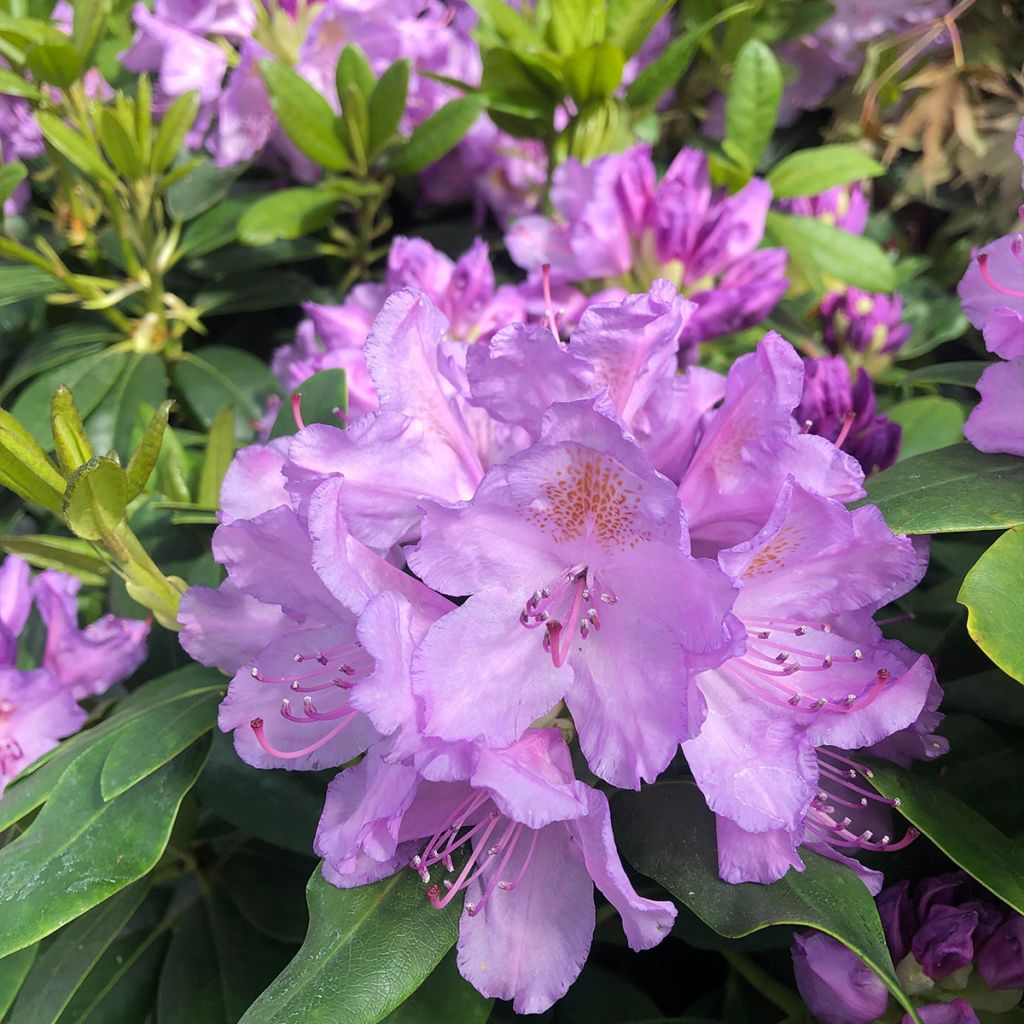

Rhododendron catawbiense Grandiflorum - Large-flowered rhododendron
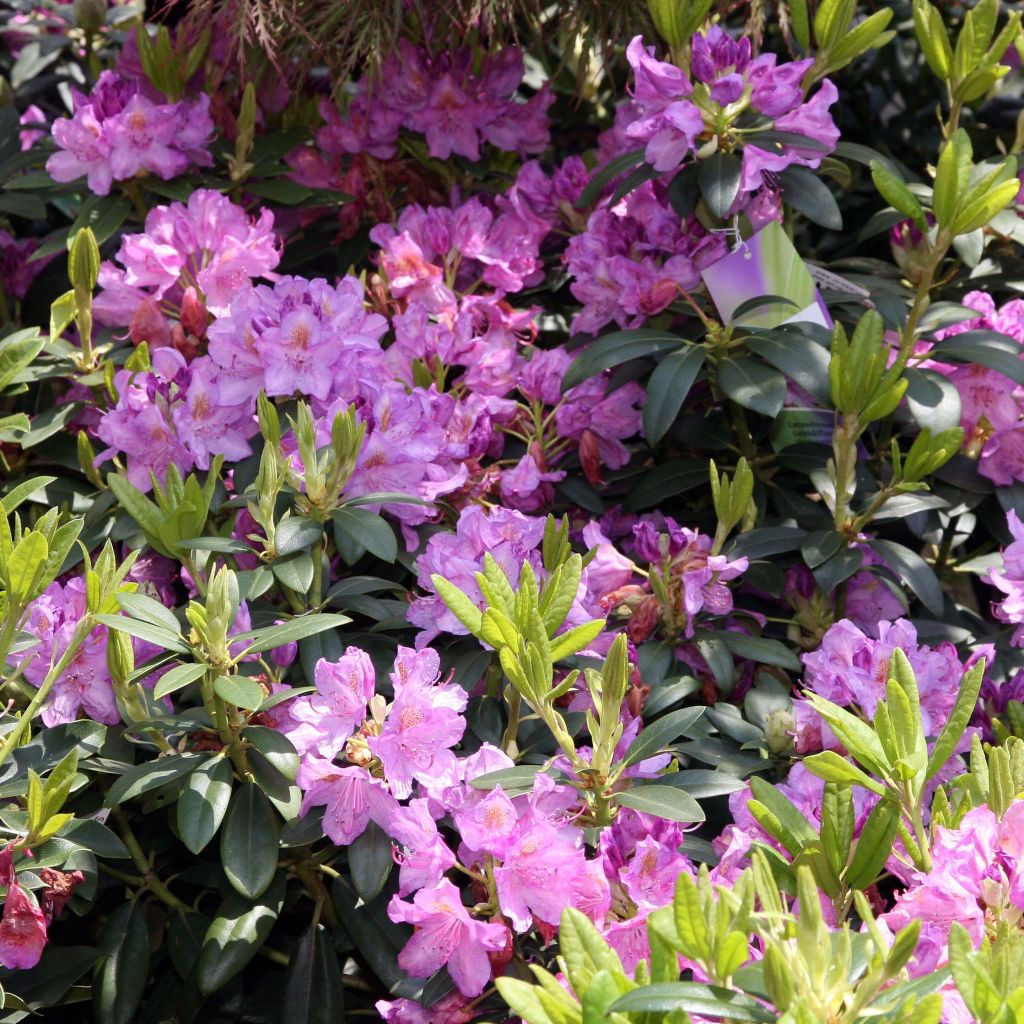

Rhododendron catawbiense Grandiflorum - Large-flowered rhododendron
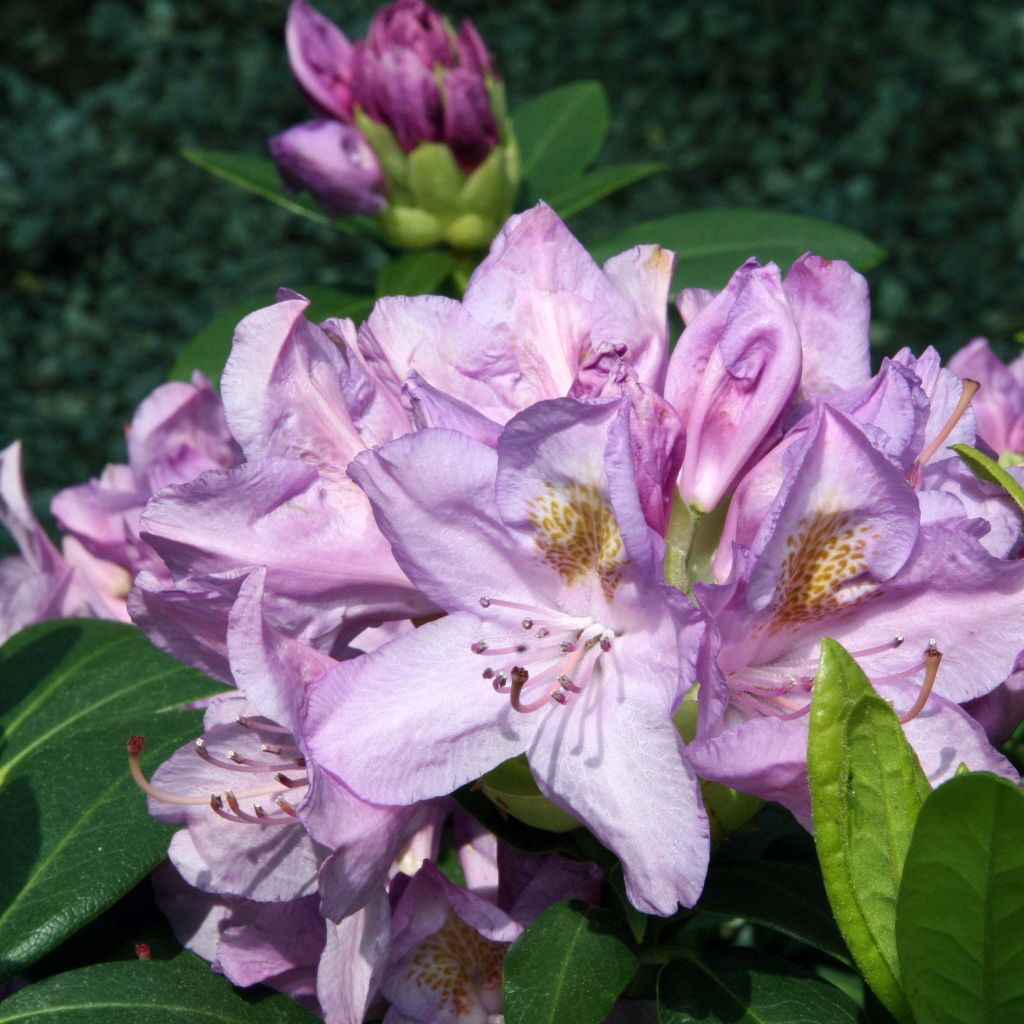

Rhododendron catawbiense Grandiflorum - Large-flowered rhododendron
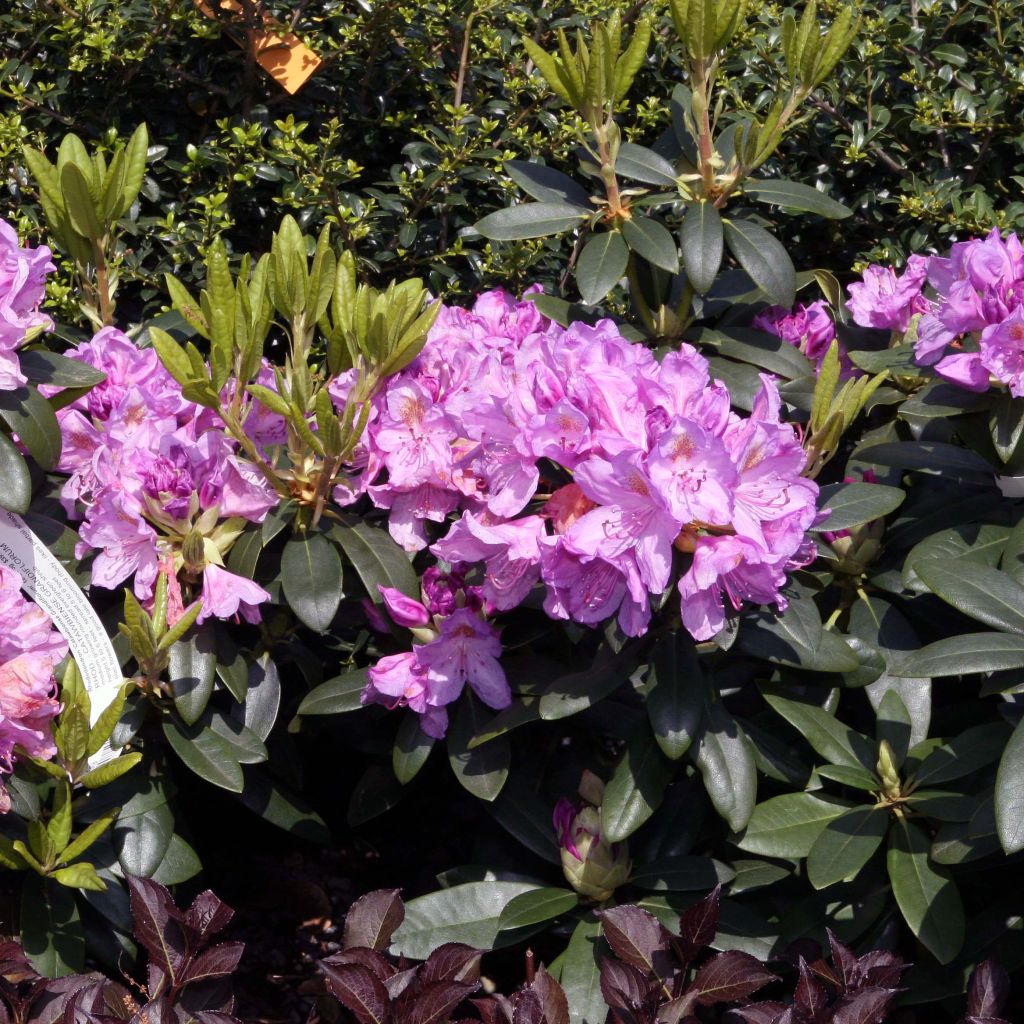

Rhododendron catawbiense Grandiflorum - Large-flowered rhododendron
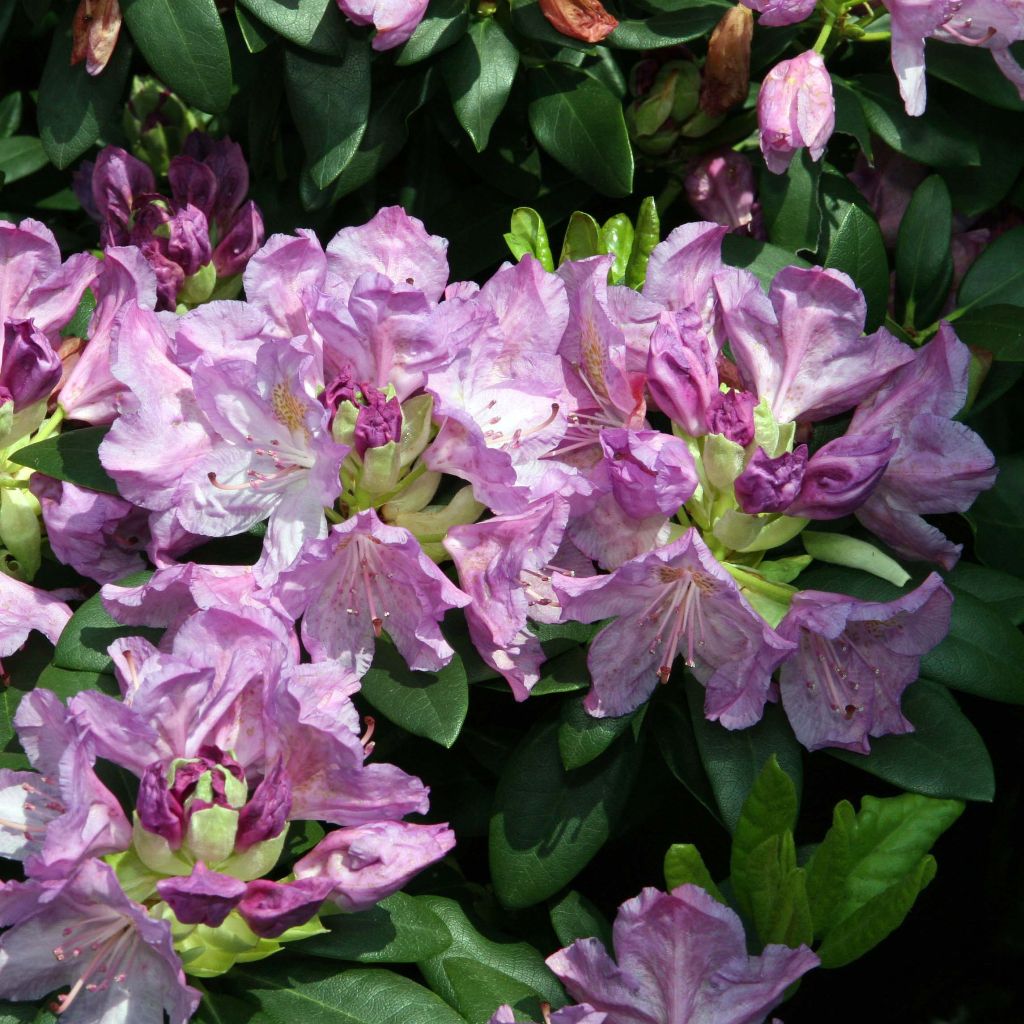

Rhododendron catawbiense Grandiflorum - Large-flowered rhododendron
Rhododendron catawbiense Grandiflorum - Large-flowered rhododendron
Rhododendron x catawbiense Grandiflorum
Rhododendron, Mountain Rosebay
This item cannot be shipped to the selected country
Delivery charge from €5.90
Delivery charge from €5.90
More information
Schedule delivery date,
and select date in basket
This plant carries a 24 months recovery warranty
More information
We guarantee the quality of our plants for a full growing cycle, and will replace at our expense any plant that fails to recover under normal climatic and planting conditions.
From €5.90 for pickup delivery and €6.90 for home delivery
Express home delivery from €8.90.
From €5.90 for pickup delivery and €6.90 for home delivery
Express home delivery from €8.90.

Does this plant fit my garden?
Set up your Plantfit profile →
Description
The Rhododendron catawbiense Grandiflorum, is a vigorous and large-sized bush, with impressive flowers. Very close to a particularly sturdy American botanical species, it impresses with its resistance to cold and difficult conditions, as well as being spectacular in spring, when it almost disappears under a massive flowering. Gathered in generous clusters, its large light lilac flowers with golden eyes, speckled with brown at the throat, bloom without restraint. Under its lush and almost exotic appearance, this large 'rhodo' hides a flawless robustness.
Rhododendrons are plants from the heath family, just like heathers, preferring soils devoid of lime, with an acidic tendency, and humid climates. Rhododendron catawbiense is a botanical species originating from the U.S.A, from the mountain slopes of the southern Appalachians that extend from Virginia to Georgia. It is characterized by remarkable resistance to cold and diseases that can sometimes affect these bushes. Frequently planted in American gardens, it has been hybridized with species originating from the Himalayas that are less hardy, to produce some of our most spectacular rhododendrons.
'Grandiflorum', introduced to the market before 1850, forms a large bush with a spreading habit, wider than tall. Its growth is relatively fast, reaching an average height of 2.50m (6.6ft) and a spread of 3m (9.8ft) under good conditions. The branches are abundantly adorned with beautiful dark green glossy foliage, composed of evergreen leaves that are narrow, slightly arched, and ovate. The remarkably abundant flowering takes place from the end of May to mid-June. The large funnel-shaped flowers are gathered in large spherical clusters with a lush appearance. The colour of the flowers, mauve dotted with golden yellow and brown, is particularly bright in shade. This heathland bush is best in partial shade in cool, humus-rich, and well-drained soil with an acidic pH.
The Rhododendron catawbiense 'Grandiflorum'' can be used as a specimen or in mass plantings, in the company of other acid-loving plants. It can be associated with Chinese azaleas, with which it complements and tempers the warm tones, magnolias, andromedas (Pieris), mountain laurels (Kalmia), Japanese maples with green or purple foliage... In a large garden, it can even create a majestic hedge in the company of other large rhododendrons.
Report an error about the product description
Plant habit
Flowering
Foliage
Botanical data
Rhododendron
x catawbiense
Grandiflorum
Ericaceae
Rhododendron, Mountain Rosebay
Cultivar or hybrid
Other Large Rhododendrons
Planting and care
Plant Rhododendron catawbiense 'Grandiflorum' in partial shade, protected from cold and drying winds, in a moist, humus-rich and light, acidic soil. Like all plants in the heath family, it does not tolerate chalky soils or heavy soils saturated with water in winter. Dig a hole three times larger than the pot. Soak the root ball in lime-free water and plant the bush at the collar level, in a mixture composed of 1/4 organic matter, leaf compost, gravel or pumice, and loam. Water thoroughly and keep the soil moist in summer.
Azaleas and Rhododendrons have a shallow root system. As a result, they are sensitive to prolonged periods of drought. This is why soil enriched with humus and abundant watering during dry periods is recommended. In addition, this root system is not very strong, so it is essential to lighten heavy soils with free-draining materials (gravel, pumice, clay balls) when planting. Apply a mulch of shredded pine bark around the base of the bush every spring to maintain soil moisture while preserving an acidic pH.
Maintenance consists of removing faded flowers in summer and dead branches. Azaleas and Rhododendrons can sometimes be attacked by weevils that eat the edges of leaves and rootlets, as well as the infamous "rhododendron beetle," which rarely causes severe damage. However, you can apply a treatment with carbofuran. Yellowing of the leaves (chlorosis) in Rhododendron indicates poor take-up of iron from the soil and can lead to premature plant death. While chalk is often the cause, poorly drained soil or deeply planted root balls can also cause the phenomenon.
Planting period
Intended location
Care
-
, onOrder confirmed
Reply from on Promesse de fleurs
Evergreen shrubs
Haven't found what you were looking for?
Hardiness is the lowest winter temperature a plant can endure without suffering serious damage or even dying. However, hardiness is affected by location (a sheltered area, such as a patio), protection (winter cover) and soil type (hardiness is improved by well-drained soil).

Photo Sharing Terms & Conditions
In order to encourage gardeners to interact and share their experiences, Promesse de fleurs offers various media enabling content to be uploaded onto its Site - in particular via the ‘Photo sharing’ module.
The User agrees to refrain from:
- Posting any content that is illegal, prejudicial, insulting, racist, inciteful to hatred, revisionist, contrary to public decency, that infringes on privacy or on the privacy rights of third parties, in particular the publicity rights of persons and goods, intellectual property rights, or the right to privacy.
- Submitting content on behalf of a third party;
- Impersonate the identity of a third party and/or publish any personal information about a third party;
In general, the User undertakes to refrain from any unethical behaviour.
All Content (in particular text, comments, files, images, photos, videos, creative works, etc.), which may be subject to property or intellectual property rights, image or other private rights, shall remain the property of the User, subject to the limited rights granted by the terms of the licence granted by Promesse de fleurs as stated below. Users are at liberty to publish or not to publish such Content on the Site, notably via the ‘Photo Sharing’ facility, and accept that this Content shall be made public and freely accessible, notably on the Internet.
Users further acknowledge, undertake to have ,and guarantee that they hold all necessary rights and permissions to publish such material on the Site, in particular with regard to the legislation in force pertaining to any privacy, property, intellectual property, image, or contractual rights, or rights of any other nature. By publishing such Content on the Site, Users acknowledge accepting full liability as publishers of the Content within the meaning of the law, and grant Promesse de fleurs, free of charge, an inclusive, worldwide licence for the said Content for the entire duration of its publication, including all reproduction, representation, up/downloading, displaying, performing, transmission, and storage rights.
Users also grant permission for their name to be linked to the Content and accept that this link may not always be made available.
By engaging in posting material, Users consent to their Content becoming automatically accessible on the Internet, in particular on other sites and/or blogs and/or web pages of the Promesse de fleurs site, including in particular social pages and the Promesse de fleurs catalogue.
Users may secure the removal of entrusted content free of charge by issuing a simple request via our contact form.
The flowering period indicated on our website applies to countries and regions located in USDA zone 8 (France, the United Kingdom, Ireland, the Netherlands, etc.)
It will vary according to where you live:
- In zones 9 to 10 (Italy, Spain, Greece, etc.), flowering will occur about 2 to 4 weeks earlier.
- In zones 6 to 7 (Germany, Poland, Slovenia, and lower mountainous regions), flowering will be delayed by 2 to 3 weeks.
- In zone 5 (Central Europe, Scandinavia), blooming will be delayed by 3 to 5 weeks.
In temperate climates, pruning of spring-flowering shrubs (forsythia, spireas, etc.) should be done just after flowering.
Pruning of summer-flowering shrubs (Indian Lilac, Perovskia, etc.) can be done in winter or spring.
In cold regions as well as with frost-sensitive plants, avoid pruning too early when severe frosts may still occur.
The planting period indicated on our website applies to countries and regions located in USDA zone 8 (France, United Kingdom, Ireland, Netherlands).
It will vary according to where you live:
- In Mediterranean zones (Marseille, Madrid, Milan, etc.), autumn and winter are the best planting periods.
- In continental zones (Strasbourg, Munich, Vienna, etc.), delay planting by 2 to 3 weeks in spring and bring it forward by 2 to 4 weeks in autumn.
- In mountainous regions (the Alps, Pyrenees, Carpathians, etc.), it is best to plant in late spring (May-June) or late summer (August-September).
The harvesting period indicated on our website applies to countries and regions in USDA zone 8 (France, England, Ireland, the Netherlands).
In colder areas (Scandinavia, Poland, Austria...) fruit and vegetable harvests are likely to be delayed by 3-4 weeks.
In warmer areas (Italy, Spain, Greece, etc.), harvesting will probably take place earlier, depending on weather conditions.
The sowing periods indicated on our website apply to countries and regions within USDA Zone 8 (France, UK, Ireland, Netherlands).
In colder areas (Scandinavia, Poland, Austria...), delay any outdoor sowing by 3-4 weeks, or sow under glass.
In warmer climes (Italy, Spain, Greece, etc.), bring outdoor sowing forward by a few weeks.

































